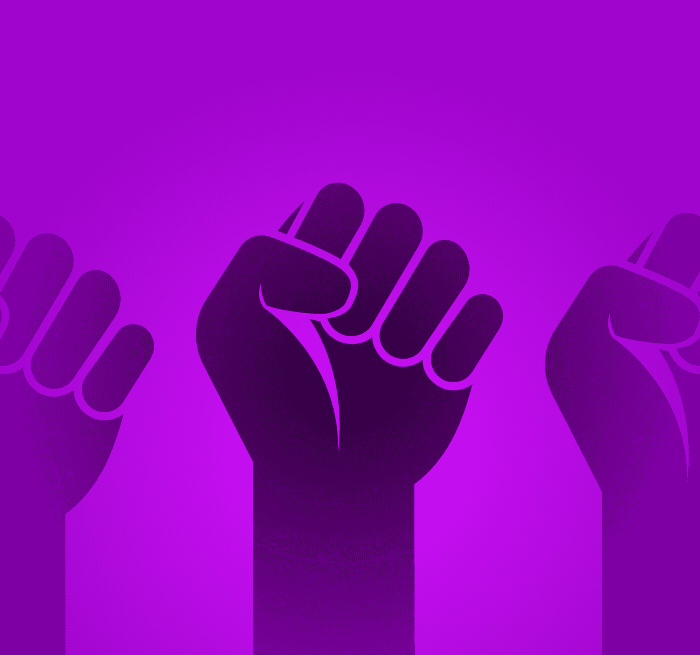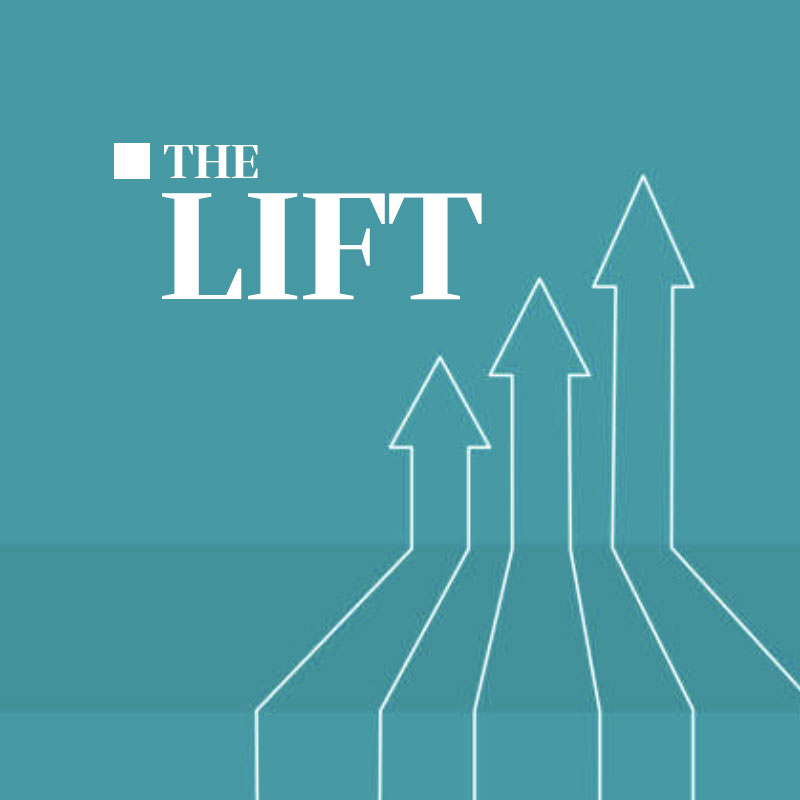When, sparked by George Floyd’s murder, the Black Lives Matter movement went powerfully mainstream, #BlackLivesMatter proclamations flew fast and furious, along with heartfelt pledges of action. Here’s one from June 14, 2020: “What we say here as a company is important. What’s more important is what we DO. We build the platforms and in platforms there is a tremendous amount of power. More on this within two weeks, and it will include specifics, commitments and dates. #BlackLivesMatter”
That was mine. It’s now been over two months with no updates. That’s cringeworthy and completely on me. The reason is both simple and complicated, and carries within it humbling lessons we’ve learned at Culture Foundry about translating a flashpoint of conviction to the long, hard slog of social change.
The simple version: I completely mis-estimated what would be entailed and how long it would take.
The complicated, more detailed version follows. It’s offered to neither celebrate the steps we’ve taken so far, nor to lament how it’s been “harder” than we anticipated. It wasn’t harder than being shot in the back by police seven times for being Black. Let’s not mince words about what’s important in the current moment. My hope is simply that sharing our experience so far may yield helpful information and perspective to others navigating the same road.
Step 1: The proclamation
What we’ve learned: Yes, proclamations are essential (that’s where it starts, after all), but can quickly ring hollow if not backed by action.
Step 2: The conversation
Black Lives Matter, COVID, the climate crisis, an in-plain-sight political push toward fascism: The weight of these issues has crashed right through the traditional boundary between work and the world outside it. There are no work walls thick enough to mute the winds of change howling outside. At Culture Foundry, we had created space for this conversation episodically, but it was now time to make that space permanent.
Step 3: The pitch
To move from discussion to action, we pledged to put our skills as platform builders to use. We held an all-company meeting where team members pitched ideas to help tech inclusion organizations, police accountability initiatives, voting rights organizations and – crucially – things we could address within Culture Foundry.
The internal items were quickly approved:
- Adding Martin Luther King Jr. Day and Election Day to our core holidays, and setting aside Juneteenth as an annual day of service. I want to acknowledge on the spot that MLK Day should have been added far earlier.
- Improving on our good, but vague, intentions to improve team diversity by committing to develop structured programs for better results. This is underway.
Then we evaluated the rest of the pitches, and the team picked a nonprofit organization to approach with an offer of our services, gratis. It looked like a great fit: aligned with many of our clients and small enough that the offer seemed unlikely to get lost in the gaps of an org chart.
Step 4: The miss
Brimming with enthusiasm, we reached out with the offer. There was no response. We tried a couple more times via alternate channels. Still no response.
The organization didn’t owe us a response or even their trust. Our offer could have been viewed as presumptuous, unneeded, a hidden sales pitch, or even a bad-faith ploy. Their team was likely super busy and focused on more important things than unsolicited offers of help from a bunch of internet randos (i.e. us, as far as they knew).
Lesson learned: You can’t just wing “help” into the universe and expect it to stick. Aligning the right help with the right people at the right time is groundwork that needs to happen before the rest of the work even begins. We made a meaningful financial donation to the nonprofit and moved on.
Step 5: Back to the pitch
We had now burned through several weeks and were effectively back to square one. Lesson learned: This isn’t going to be a straight line or a short journey. Another: Pursue threads of existing connections to lay groundwork with any organization we’re aiming to help.
The result of our second pitch meeting: We chose a new nonprofit brought to us via an existing team connection. This organization is dedicated to immigrant and refugee rights and we’ll be teaming up to build a new website (we’ll share more when we launch it). They are as excited about the partnership possibilities as we are.
We also elected to pursue a police accountability project idea from the first pitch meeting, but on a longer timeline, because we’ve also learned that our “state of the world” initiative isn’t going to be a one-time effort. We intend to have at least one such project active in Culture Foundry at all times.
That’s where we find ourselves today. Our road from proclamation to action has been longer than anticipated, but we are determined to stay on it.
Update
I’m happy to report that the website mentioned above is now live. Check out the National Network for Immigrant and Refugee Rights website and learn more about how we built it.


